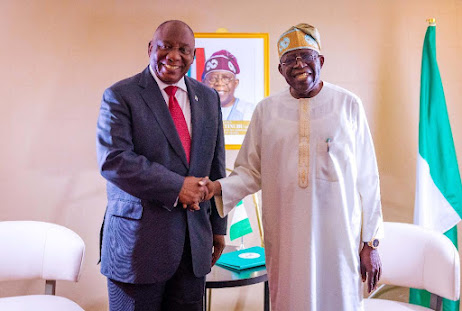By Dan
Onwukwe
When President
Muhammadu Buhari, on October 21, 2015, appointed Prof. Mahmood Yakubu as
Chairman of the Independent National Electoral Commission (INEC),
to succeed the then acting chairman Amina Zakari, the general consensus was
that the President made a right choice. The appointment came few months after
Prof. Attahiru Jega’s somewhat successful tenure had ended with the 2015
general elections.
No doubt, the
position of chairman of INEC is a big and sensitive job that attracts
preeminent national and international attention. Such an appointment also tests
the president’s commitment to credible, free, fair and transparent polls.
Therefore, the chair of INEC is not for the faint-hearted. It requires a man or
woman with an eye always on the ball, someone with uncommon courage, somebody
with sincerity of purpose. That person must not be pushed around or be dictated
to by external influences. In other words, he must have independent of mind. It
goes beyond competence.
It’s all about
trust. Trust is a priceless virtue. Trust entails being impartial, fair to all,
someone who cannot buckle under pressure. Someone who is reliable always. That
person must not abandon his duties to pursue narrow interest, in disregard to,
and unconnected to the mandate of his engagement.
From the beginning,
public perception of the electoral body is terrible, to say the least. It is
equivalent to trying to mend a broken egg. It is like battling the demons that
hold democracy and credible elections down. Therefore, the questions that many
have asked in regard to Prof. Yakubu’s appointment are: Does this man fit the
bill of the virtues listed above? Does he have the independent of mind, that
leadership ability to be his own man, undictated to, no matter the pressures?
Can we count on him on crucial moments?
Leadership must
complement conviction to make things work. That has always been the problem of
INEC and the man that heads it. On the surface of it, and if academic
qualifications are yardsticks to measure competence, no doubt, Prof. Yakubu is
in fine fettle. Take a look at his resume`. He made a first class, and to his
record, he is up to date, according to Wikipedia, the only Nigerian from the
North to make a first class degree certificate in history. To cap it all, in
1999, he graduated from University
of Oxford with doctorate
in Philosophy, specialising in Nigerian history. In addition, he was a
three-time recipient of the Overseas Research Scholarship and also won
the commonwealth scholarship from the Association of Commonwealth Universities.





